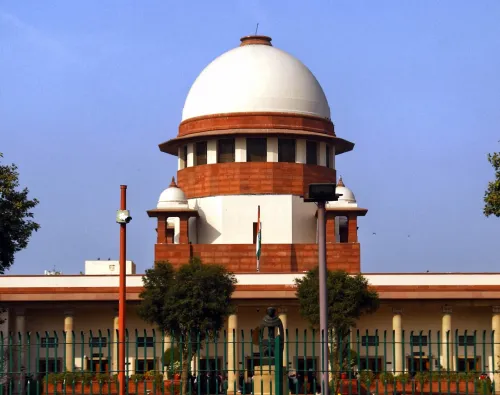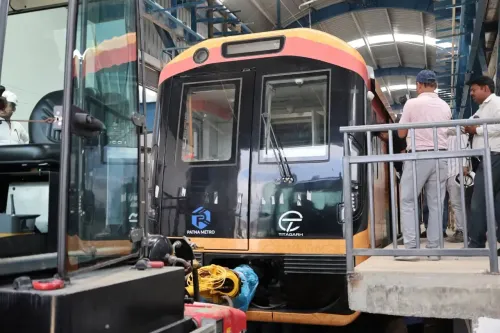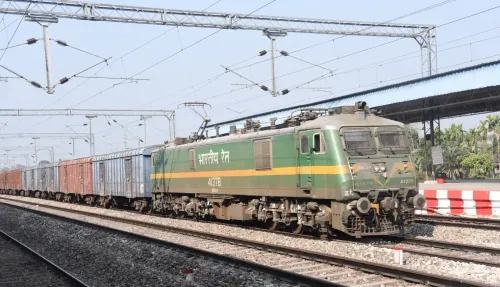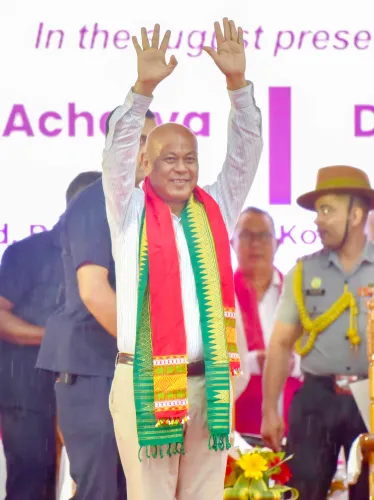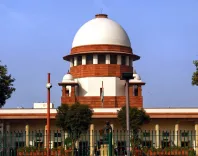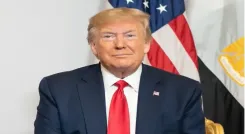Did Nityanand Rai Just Call Tejashwi Yadav a Misleader?
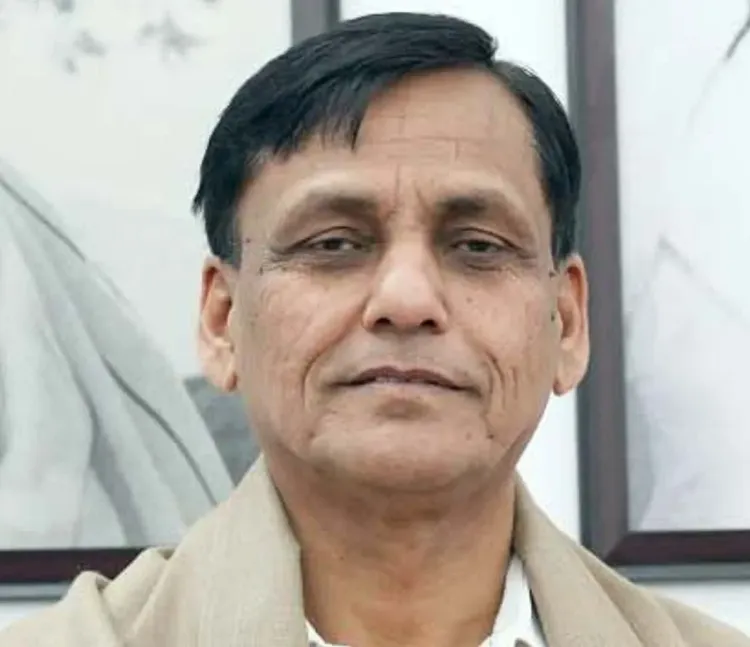
Synopsis
Key Takeaways
- Nityanand Rai criticizes Tejashwi Yadav for misleading the public.
- Focus on voter rights and electoral reforms.
- Historical context of RJD's governance questioned.
- Calls for transparency in electoral processes.
- Importance of recognizing marginalized voices in democracy.
Patna, Aug 15 (NationPress) Union Minister of State for Home, Nityanand Rai, sharply criticized RJD leader Tejashwi Yadav for misleading the public and reminded him of the abuse of power during his father Lalu Prasad's administration.
Rai's comments came after Tejashwi supported the Supreme Court's interim directive for the Election Commission to disclose names erased from the voter list amid the Special Intensive Revision (SIR) of electoral rolls in Bihar.
MoS Rai challenged Tejashwi's concerns regarding the SIR process, asserting that the deletions targeted “foreign intruders” and “Rohingya Bangladeshis” who possess no right to engage in India’s democratic framework.
“I would like to ask Rahul Gandhi and Tejashwi Yadav - do foreign intruders have the right to vote? If names of infiltrators are being removed via SIR, why oppose it? The 13 crore residents of Bihar and 140 crore citizens of India deserve clarity,” he remarked.
Previously, Tejashwi contended that the Election Commission's affidavit submitted to the court lacked data on infiltrators, thereby questioning the rationale behind the deletions.
MoS Rai accused Tejashwi of trying to mislead the public on Independence Day while referencing the RJD’s historical governance record.
“All of Bihar recalls how Lalu Yadav manipulated ballot boxes in the name of democracy, and how booth capturing became a norm during RJD's reign. From 1990 to 2005, Bihar experienced blatant misuse of authority, with the administration protecting criminals and democracy being compromised,” Rai claimed.
Nityanand Rai urged Congress leader Rahul Gandhi and Tejashwi to clarify the history of alleged electoral fraud during their upcoming Vote Rights Yatra in Bihar.
“In a democracy, everyone is entitled to share their opinions,” Rai stated.
“However, the entire nation deserves to hear from Rahul Gandhi about the electoral rigging that has occurred since the first elections in 1951–52 during Congress rule, and how votes were unlawfully taken. He should also explain how the election of Dr. B.R. Ambedkar, the architect of our Constitution, was compromised in 1951–52 by the Congress government,” he added.
Nityanand Rai accused the Congress of historically denying voting rights to marginalized groups in Bihar.
“During your party’s administration, the underprivileged and backward classes were never genuinely granted the right to vote. Why were the deprived consistently excluded from their democratic rights? The people of Bihar deserve answers during your so-called Vote Rights Yatra,” he concluded.

